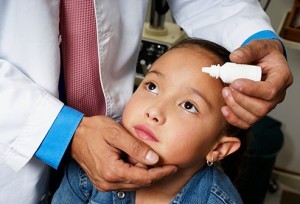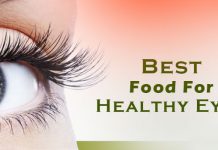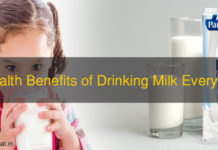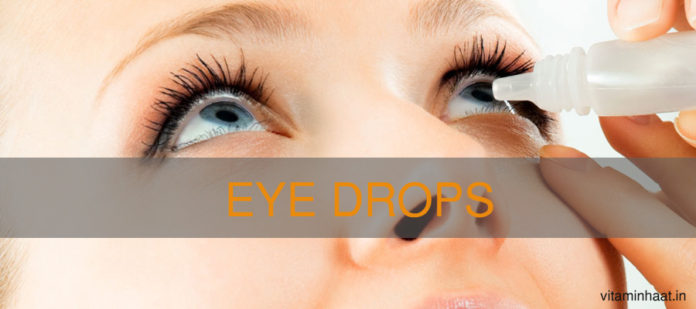Whether eye drops are treating “lazy eye,” working to delay or prevent glaucoma, or helping dry, they’re obtaining more use than ever before.
What Are Eye Drops?
Eye drops usually control saline as a base ingredient. Depending on their intended use, they also contain oiling, tear-replacing, anti-redness, and other substances, as well as medications.
Common functions for Eye Drops
Cataract surgery (lens removal and replacement with an artificial lens). Before operation, eye drops are used to prevent infection, make the pupil larger, and numb the eye area. After surgery, they may decrease the risk of infection and help healing.
Conjunctivitis (pinkeye) is an infection of the conjunctiva — the clear covering of the eyelids and the white surface membrane of the eye. Causes include bacterial disease, environmental irritants, and allergy. It may also be caused by eyedrop allergy, or by drops that have develop contaminated.

Contact lens rewettingand eye shell lubrication. If your eyes sometimes feels dry while wearing contact lenses, choose eye drops intended for use with interactions. Other drops could discolor your contacts or temporarily change their fit.
Corneal infection (keratitis). Causes may be due to a infection, bacteria, or parasite. Bacterial infection is the most severe complication of trying contact lenses. It is also associated with poor lens hygiene; not returning lenses, solutions, and cases as prescribed; and swimming in contact lenses.
Corneal transplant surgery (replacement of a diseased with a pure one, usually from an eye bank). After surgery, eye drops are required to help healing and prevent rejection of the donor tissue.
Eye allergies (indications include eye itching, tearing, stinging, and burning). Many different types and products of eyedrops help relieve “allergy eye” symptoms.
Can You Be Dependent to Eye Drops?

Eye dips may cause “rebound” swelling and redness, which may lead to chronic eye glow. The redness may even get worse with continued use. Ask your eye doctor which eye drops are safest for you.
Are They OK for Kids?

You should be aware that medicated eye drops’ safety and effectiveness have not been well studied in infants. Check with your child’s doctor or pediatrician about the exact recommended dosage. Then follow those orders exactly. Report any side effects to the doctor immediately.
Uses
It is used to relieve dry, irritated eyes. Common causes for dry eyes are wind, sun, heating, computer use and certain medications.
Eye drops contains: carboxymethylcellulose, dextran, hypromellose, polysorbate, povidone, among others.
Side Effects
Minor burning, stinging, irritation may temporarily occur. If any of these effects persist tell your doctor promptly.
If your doctor has suggested you to use medicine, remember that he / she has judged that the benefit to you is greater than the risk of side effects. Many people using this medication do not have serious side effects.
Interactions
If you are using product under your doctor’s suggestions, your doctor may already be aware of any possible drug interactions and may be monitoring you for them. Do not start, or change the dosage of any medicine before checking with your doctor first.
Submit your review | |

![Best 5 Health Supplement Website Online in India [2018] best health supplement website](http://www.vitaminhaat.in/wp-content/uploads/2018/08/best-health-supplements-websites-218x150.jpg)






















